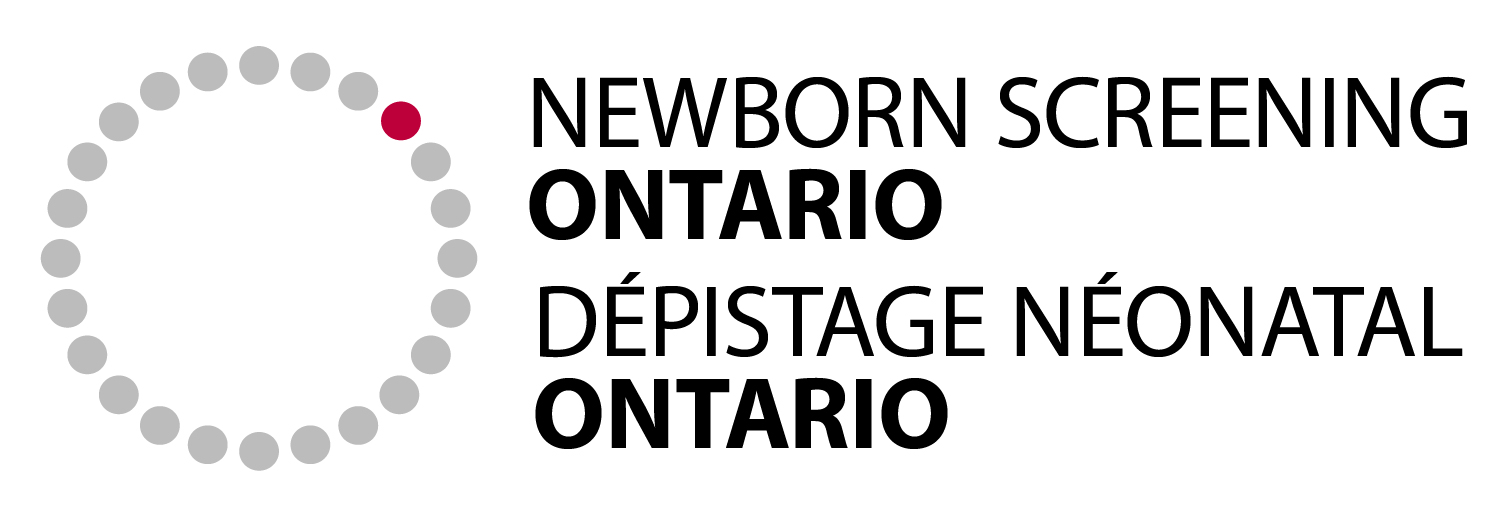Risk factor screening for permanent hearing loss (PHL) looks for some common genetic variants (or mutations) in the genes GJB2 and SLC26A4 that can cause PHL. These variants either make the gene not work or cause it to work differently. These genes provide instructions to make proteins that are important to the development of the inner ear or cochlea. The SLC26A4 gene is also involved in the development of the thyroid gland. This gland is found in the neck region and makes important hormones the body needs.
The following table shows the specific variants included in risk factor screening for PHL.
| Gene | Variants/mutations |
| GJB2 | c.35delG, c.235delC, c.167delT, c.71G>A, c.310_323del, c.139G>T, c.-23+1G>A, c.231G>A, c.427C>T, c.269T>C, GJB6 D13S1830 (342kb deletion) |
| SLC26A4 | c.707T>C, c.1001+1G>A, c.1246A>C, c.919-2A>G, c.2168A>G, c.1003T>C, c.1229C>T, c.1614+1G>A, c.1541A>G, c.1151A>G, c.626G>T |
Note. Since October 19, 2020, reflexive screening for the GJB2 p.(V37I) variant has been performed for infants who have a single GJB2 variant identified on the above common variant panel. The GJB2 p.(V37I) variant is therefore only reported in compound heterozygous state with another variant on the panel. That is, homozygosity for this variant is not assessed.
Results where only one variant in GJB2 or SLC26A4 are detected are considered incidental and are not reported. Parents/guardians can request their child's carrier status be disclosed to their health care provider. There are pros and cons to learning a child’s carrier status and it is a personal decision. If you wish to request your child’s carrier status, we recommend reviewing this decision with a health care provider in advance.
